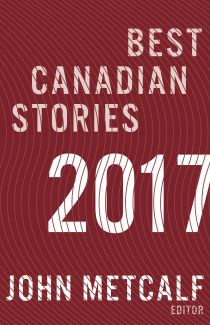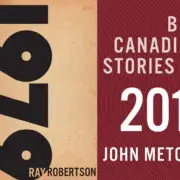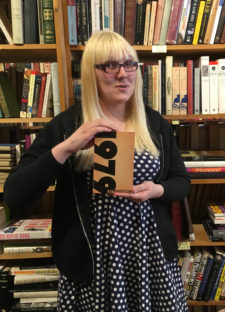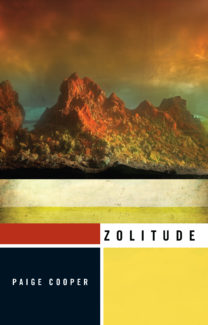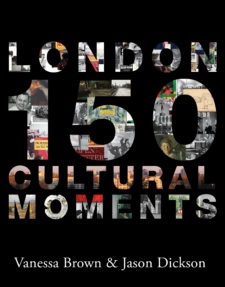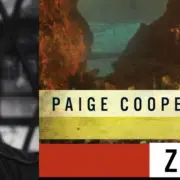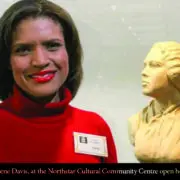Can you tell us more about yourself and your writing?
I used to be middle-class, I used to work in the music industry, I used to be a librarian for a railroad. I learned how to lie five years ago, I learned how to be addicted to smoking a year ago, I learned that sports are interesting last month. My favourite virtue is tenderness. Writing fiction is the only way I know to gum up time’s nasty linear flow without snubbing the void. It takes forever. It’s weird that there’s no tangible, visible evidence of great emotion.
We deny or lie about our emotions. Stories exist as some kind of evidence, at least.
Who do you imagine reading your stories?
There are a lot of people who I hope won’t read my stories. If I thought about who might read what I’m writing while I write it, I wouldn’t write. This is what Zuckerberg has done to us: forced us to redact everything interesting. Self-censorship is complicity with the authority, but we love to spy on each other so it’s difficult to resist. I’ve already censored these responses so much.
I think the people who read stories are looking for a familiar feeling, and I hope they find it, but mostly I write what I wish someone else would’ve written already. Imagination was how I coped with childhood: self-insertion fantasies that were either romances or escape plans or both. The less pure thing is that my partners have often been writers and I’d write towards them or about them, with or without permission. I probably shouldn’t say that.
Some stories in Zolitude explicitly have some other-worldly or speculative components (“Thanatos”) and some don’t (“Ryan and Irene, Irene and Ryan”). They definitely all feel fantastical though. Is there a process by which you decide which stories demand realism and which don’t?
The fantastical at first was something I turned to before I knew how to write emotion directly. The older stories in the collection are repressed. There were five years where I didn’t write at all because a middle-aged man in a workshop (he was a fellow student and I admired his writing very much) told me my writing was self-indulgent and unreadable. He seemed very angry, and I’m a coward. So some bad years happened where I had a mortgage and listened to podcasts about the economy. When I started writing again I was still ashamed of my emotions. Now when I write, the fantastic appeals less as metaphor and more as an amplifier of emotion. We all fantasize. Emotions are monstrous. We try to contain them but they’re out of control. We know we’re secretly unlovable, no matter how human we try to appear.
Your characters are often displaced in countries not their own—yet the exact locations they end up are either not named or, if they are, it’s incidental to the main plot. This feels different than most writing of someone travelling in a different land. Can you tell us more about that?
I grew up in a tourist town. People go there to look at the mountains and just the fact of their wanting to look has made my home unrecognizable—not to mention unaffordable—to me. The wolves are dead, the bears are inbred. It’s a source of bitterness. Now when I go there I’m a tourist. Actually I’m a tourist in everything I do: jobs, relationships, the cities I live in, the cities I visit. This mode is implicitly unequal and characterized by greediness. Most artists are users. Since we are human, understanding anything fully is impossible. I impose my own misperceived narratives and propagandize my own mythologies. What horrifies me most is how invested I am in camouflaging myself as I exploit places and people. The ubiquitous anodyne unplace doesn’t interest me because it has no secrets I can export. I often don’t name the places I’m writing about because I’m ashamed of how ignorant and unfair my interpretation is. My fiction isn’t experimental or long enough to contain the contradictions and multitudes of a real place and, like I said, there’s no understanding anything. I land on one or two facets that compel me and I use those. Sometimes they aren’t flattering. Once a man I loved didn’t believe me that I could recognize the faces of the mountains I grew up under. I imagine they all looked the same to him.
Your writing is so gorgeous. Please tell us about the writers that have inspired you in the past.
There’s always that period of time where you’re waiting for permission and so all you can do is read and figure out how commas work. My sentences got better when I started to read good poetry. It helped that I catalogued books as a librarian and the metadata records had the most obscenely uptight standards of punctuation. Every space and semi-colon counted. The worst thing about fiction is all the looking around and closing and opening of doors. I’m embarrassed to read fiction out loud to people. They could be listening to poetry, which is plainly more efficient. Lisa Robertson, Claudia Rankine, Ariana Reines, Mary Ruefle and Lydia Davis all prove it. My stories got more pointed when I learned to pay attention to what caught my imagination. Peter Carey and Steven Millhauser gave me permission to not be boring. Heti, Gaitskill, Cusk, Zink, and Moshfegh gave me permission to be brutal.
What are you reading right now?
Fleur Jaeggy, Anne Boyer, Renee Gladman, Tamara Faith Berger (again). Nonfiction about American football, which is my current angle into the guts of racism and patriarchy, and which soothes me because I understand it so poorly. Bifo on the senility and impotence of late capitalism. Anything about Silicon Valley, Russia, or Vietnam.
Anything else you want to tell us about?
My sex life? Just kidding.
Paige Cooper was born and raised in the Rocky Mountains. Her stories have appeared in The Fiddlehead, West Branch, Michigan Quarterly Review, Gulf Coast Online, Canadian Notes & Queries, The New Quarterly, Minola Review, Cosmonauts Avenue, and have been anthologized in The Journey Prize Stories and Best Canadian Stories. She lives in Montreal. Zolitude publishes March 2018.
